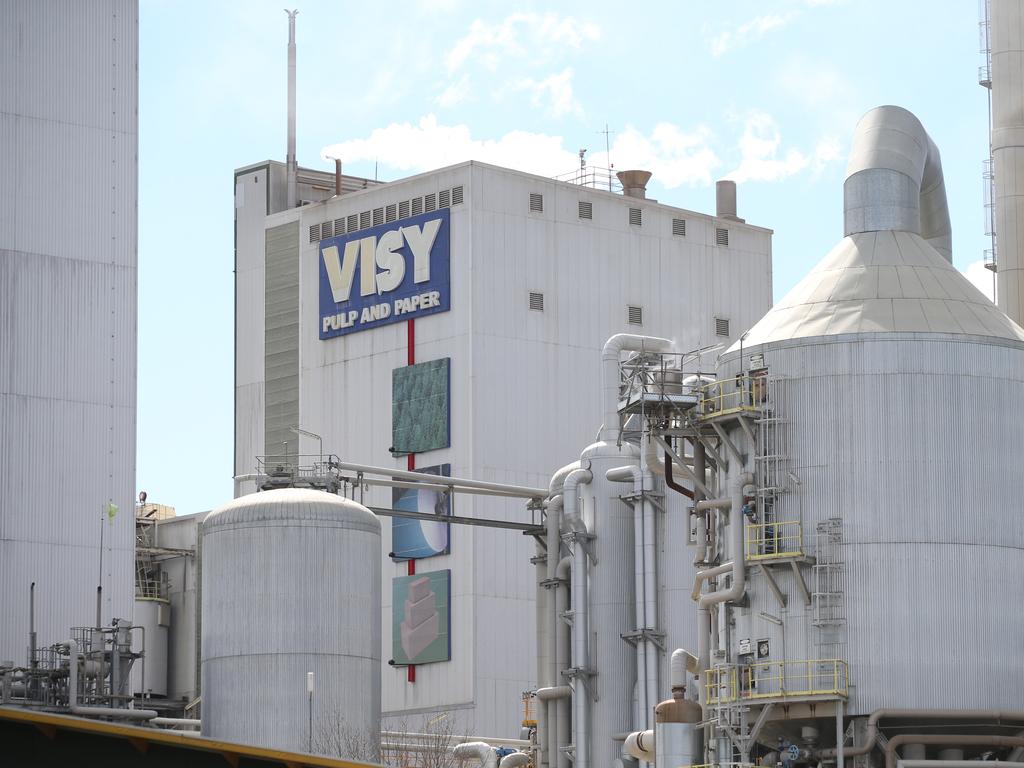Worker sacked for testing positive to cocaine wins job back
Sydney Trains has failed to overturn Fair Work decision that worker was unfairly sacked after he had tested positive for cocaine.

A Sydney Trains rail safety worker sacked after testing positive for cocaine has secured his reinstatement after a Fair Work Commission full bench upheld a ruling that his dismissal after 26 years of service had been harsh, unjust and unreasonable.
After returning to work from a period of annual leave, Reece Goodsell undertook a random drug and alcohol test where his urine sample tested positive for cocaine metabolites.
Mr Goodsell said that four days before returning from leave he had accepted an offer from friends to try cocaine, that it was a “one-off” incident, that he did not feel in any way impaired when he attended for work and that he did not realise there would be traces in his system.
His explanation and the mitigating factors he raised during an investigation into his conduct were not accepted by Sydney Trains and his employment was terminated.
Mr Goodsell was employed as a Work Group Leader (Traction), a category 1 rail safety worker role whose duties involved identification of hazards and risk control for various works, including in rail corridors where liaison with rail safety officers to gain access was required.
Mr Goodsell had previously taken 40 drug and alcohol tests during his career and never tested positive.
Upholding his unfair dismissal, commission deputy president Michael Easton determined that there was a valid reason for Mr Goodsell’s dismissal but that it was harsh, unjust and unreasonable based on mitigating factors.
The mitigating factors included his long employment history without blemish, the absence of any evidence of impairment at the time of testing, his remorse, Sydney Trains’ apparent zero-tolerance, one-size-fits-all dismissal policy, and the lack of clear information provided to employees about the policy.
Sydney Trains appealed the commission’s decision, which included ordering Mr Goodsell’s reinstatement, but in a 48-page decision the commission full bench rejected the appeal.
The full bench found it was reasonably open for Mr Easton to conclude, notwithstanding there was a valid reason for Mr Goodsell’s dismissal, when mitigating factors were taken into account that the dismissal was harsh, unjust and unreasonable.
In rejecting the appeal, the full bench members said they entirely accepted that employees using prohibited drugs and going to work in circumstances where they produced a non-negative drug test and/or a confirmatory drug test result was a “serious issue that is fraught with difficulty for employers”.
“While employers generally do not have the right to control out-of-hours conduct engaged in by their employees, including conduct involving the use of prohibited drugs, they do have the right to implement lawful and reasonable policies and procedures to control the risks associated with access to workplaces of employees who are, or who are at risk of attending for work, impaired by drugs,” it said.
“Those risks are not limited to (the) possibility of injury to the impaired employee or other employees but may extend to the risk of legal liability of the employer to other employees, clients, customers or third parties and reputational damage to the employer.”







To join the conversation, please log in. Don't have an account? Register
Join the conversation, you are commenting as Logout